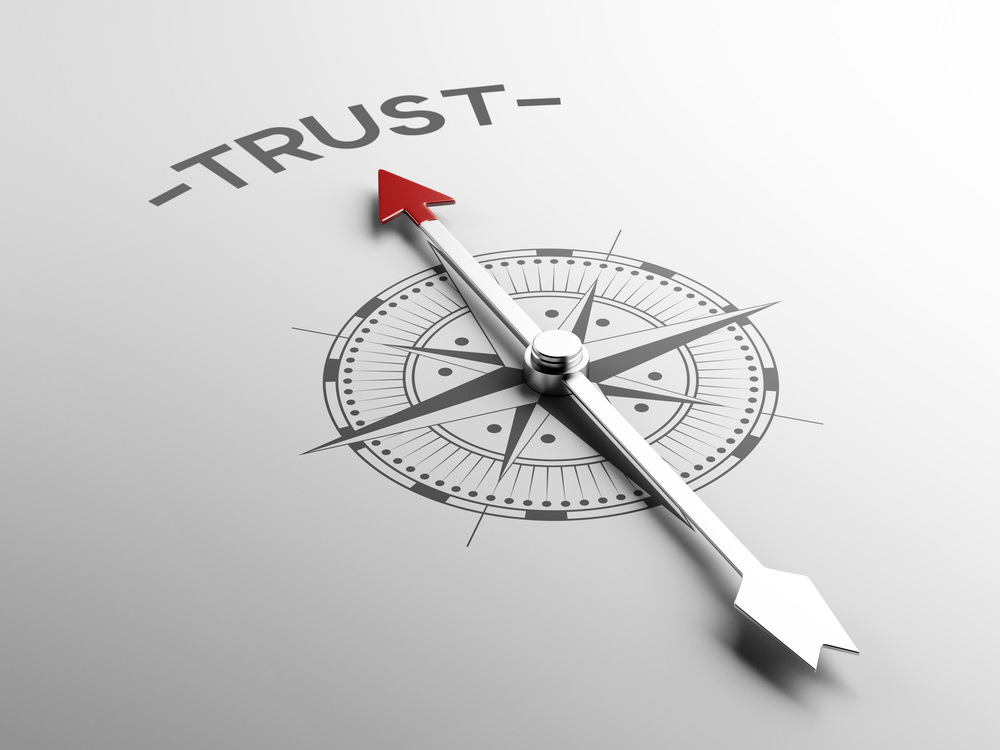Is 2015 the Year of the Decentralized Bitcoin Exchange?

 Will 2015 be the year of the Decentralized Bitcoin exchange? 2014 and the very beginning of 2015 has seen major problems for two mighty Bitcoin exchanges: Bitstamp and Mt. Gox. Untold numbers of holders lost in excess of $500 million between the two failures, both of which appear to have been initiated by internal enemies to the exchange with nothing but greed for a motive.
Will 2015 be the year of the Decentralized Bitcoin exchange? 2014 and the very beginning of 2015 has seen major problems for two mighty Bitcoin exchanges: Bitstamp and Mt. Gox. Untold numbers of holders lost in excess of $500 million between the two failures, both of which appear to have been initiated by internal enemies to the exchange with nothing but greed for a motive.
Also read: Mt. Gox As a Lesson in a New Kind of Inflation
Removing the Element of Trust from Bitcoin Exchanges
Daniel Larimer, one of the founders of BitShares, believes that decentralized exchanges using the BitShares network could provide a way to a future free of these harrowing problems. In a recent interview with BitShares.tv, Larimer told host Max Wright:
You can view the [existing] exchange as a blockchain itself. It’s a closed blockchain. A proprietary blockchain. All BitShares has done is move the exchange database onto the blockchain for everyone to see. […] It’s really no different than a regular exchange, except that we’ve removed the element of trust.
Trust is huge and essential now that two major exchanges have failed, losing millions of dollars worth of bitcoins. Gaining trust will be harder for any new exchange or any existing exchanging now rising to the top than it ever has been.
Let alone depositing cryptocurrencies, can it be expected that professional traders will be risking nest eggs for their clients in a market as susceptible to outright theft as Bitcoin has proven to be? BitShares certainly thinks there is a way out of this mess of putting a great deal of faith in people who have little to no government backing and thus slow if any recourse when it comes to major thefts. By decentralizing the exchange of Bitcoin, the risk of theft is downgraded to the individual user’s own risk, rather than a honeypot of currency being available for the taking by a savvy enough bad actor.
When your funds are deposited on an exchange, you’re at risk of the exchange defaulting. You’re at risk of the government seizing the funds from the exchange, and you’re at risk of any shenanigans that the exchange is doing internally to manipulate the market. They can put fake orders, they can claim fake reserves, but you can’t do that on the BitShares exchange.
A Possible Way Forward Toward a Decentralized Bitcoin Exchange
The way BitShares works into this equation is that they offer the ability to make the order book backed by collateral in BitShares such as BitUSD. Then you can trade the assets back onto whatever market is operational at the time for actual USD.
That would give the least exposure to the counterparties because you’re only exposed for the duration of a single transaction and not the for the duration of the funds sitting on the order book.
Some users on Reddit predict that decentralized currencies will not work because of know-your-customer rules in many countries which demand a certain amount of information about a person in order to deal with their money, especially in terms of exchanging it for other forms of money. The biggest advantage to trading in this way will be that your funds are not available for the confiscation required by such laws under certain circumstances. On the issue of compliance and how an exchange like Bitstamp might be able to make use of BitShares, Larimer said:
You are trusting them when you take their IOU. If they take your money, there’s going to be a public record of it. […] They have the ability to freeze funds and they have the ability to freeze all trading of their asset on BitShares. […] It works just like a centralized exchange except for everything’s public and you trade against all BitShares assets.
Certainly moving all transactions for exchanges into the public view could have a huge impact on improving customer trust, but perhaps BitShares isn’t necessarily the only way this can be done. Existing exchanges looking to avoid the same sort of trust issues that other exchanges are facing may now have the impetus to develop similar technologies which don’t change the way they operate but still provide the ability of the whole world to monitor what’s going on. Time will tell how these challenges are addressed. A future where the role of exchanges is relegated to “gateways,” as Larimer suggests , is only one possibility.
Images from Shutterstock.